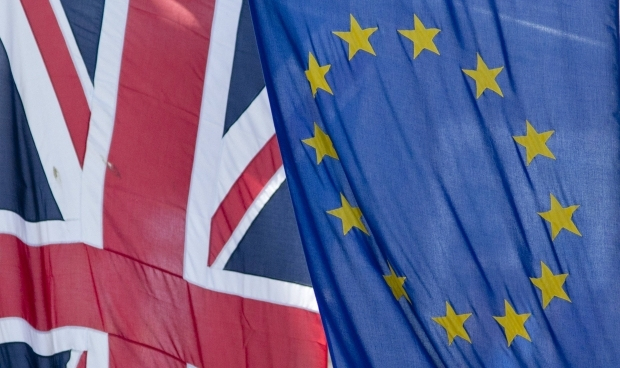A Parliamentary Assembly of the Council of Europe resolution adopted on 25 April 2015 supported the EU's anti-disinformation service, EUvsDisinfo, as well as suggested that in order to "track dissemination of disinformation, propaganda and fake news," members states set up observatories which would counteract them.
Proposed by the Ukrainian delegation's Volodymyr Ariev, the resolution comes in good time: recently, EUvsDisinfo has fallen into disfavor with the Dutch, who had been lobbying to close down the fake-news watchdog.
Titled "The protection of editorial integrity
," the resolution states that media professionals are accountable to the public and are required to keep high editorial standards, adopt codes of conduct that promote essential ethical principles, and prevent the dissemination of false news and propaganda.
Russian propaganda is noted as a separate threat in the resolution, as is EUvsDisinfo's role in countering it:
"In some cases, State-directed media have been turned into propaganda tools and misused to transmit false news or incite xenophobic hatred against minorities and vulnerable groups. This leads to a lack of independence and low ethical standards of a number of media outlets and explains the increasing lack of trust from the public. In this respect, the Assembly reaffirms its support for the decision of the European Council 2015 to counteract a stream of disinformation and inflammatory falsehoods emanating from media outlets and online accounts in the Russian Federation by setting up the East StratCom Task Force. It furthermore welcomes the Joint Declaration by the United Nations Special Rapporteur on Freedom of Expression and three regional rapporteurs in 2017, affirming that State actors should not make, sponsor or disseminate disinformation or propaganda."
It notes that the independence of the media is endangered by the loss of revenues of traditional media and by threats from crime, terrorism, armed conflicts, authoritarian tendencies in some states, and attacks on journalists, and suggests that member states review their legislation on defamation and enhanced surveillance powers as part of the fight against terrorism, prohibit propaganda for war and incitement to national, racial or religious hatred, and attempt to resolve the imbalance between the skyrocketing revenues of internet corporations and dwindling gains of media outlets.
Particularly, it suggests:
"channeling some of the great profits from digital advertising placed on search engines and social media back to the media that invest mainly in reporting the news ... for example via changes in taxation and copyright rules" and "finding appropriate ways for the internet companies to take more editorial responsibility as publishers and not merely as digital platforms."
As well,
"the Assembly recommends that member States... consider establishing a national observatory to track dissemination of disinformation, propaganda and fake news and propose adequate measures to counteract these phenomena."
The resolution separately recommends that media outlets and professionals:
"maintain a clear separation between the activities of their editorial staff and the work of their advertising and commercial departments" and "establish or strengthen responsibility for disseminating fake news, flag such false information whenever it appears either in traditional or social media and, in this connection, develop within the profession strong and tight co-operation in combating disinformation, propaganda and fake news."
Regarding the first suggestion, Ukraine may be one of the states needing a "separation between editorial staff and advertising" - the sad phenomenon known as "jeansa
" is acknowledged as one of the greatest dangers to the media landscape in the country.
An earlier PACE resolution adopted at the same spring 2018 session determined that the Luhansk and Donetsk "People's Republics" in eastern Ukraine were "effectively controlled by the Russian Federation."
/written by Alya Shandra
Read also:
- Eastern Ukraine statelets “effectively controlled” by Russia – PACE resolution
- Why are the Dutch demanding to shut down the EU’s only anti-propaganda service?
- A Guide to Russian Propaganda: Euromaidan Press' video series on Russian propaganda. Here is video #4:




